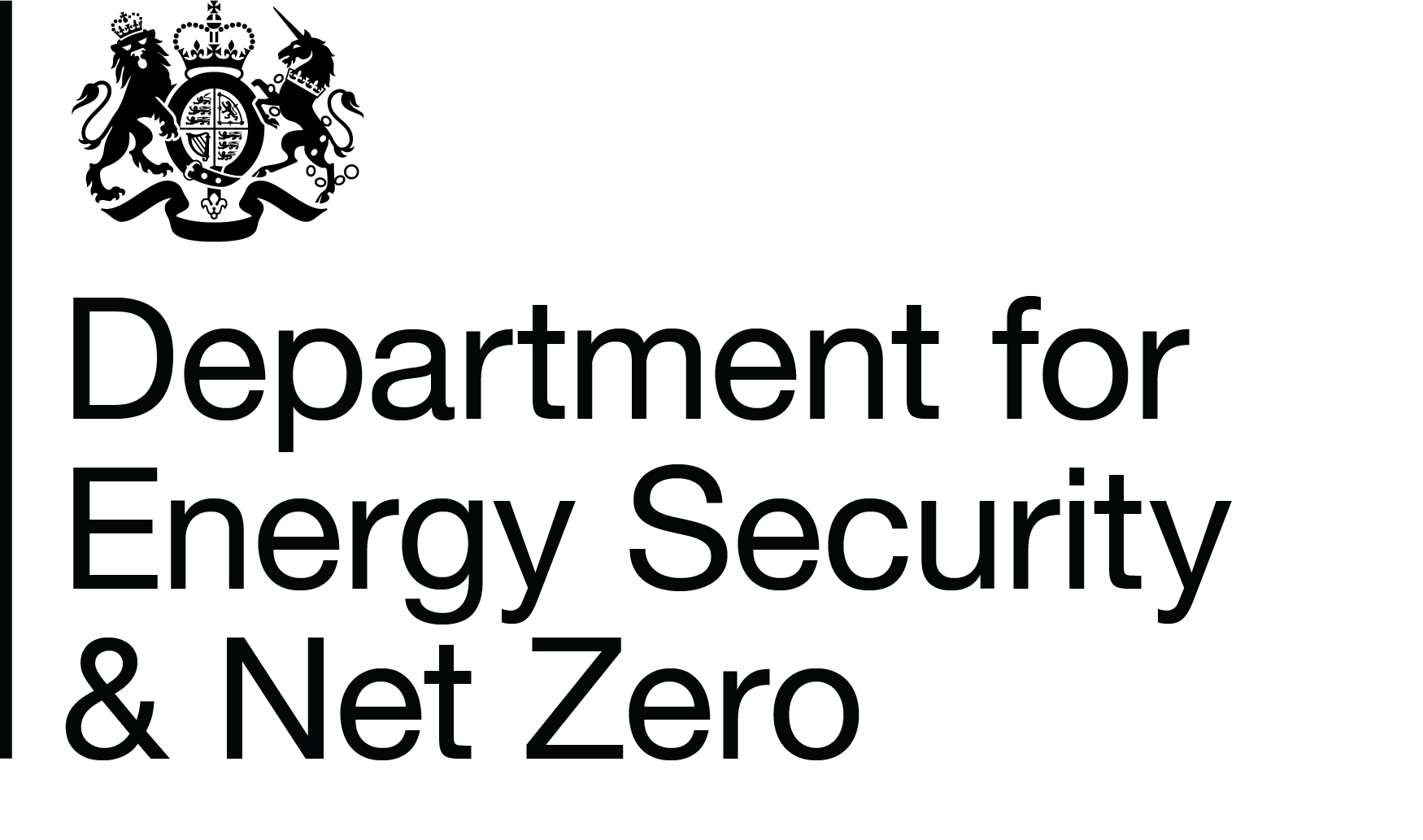Consultation on the Heat Networks Investment Project (HNIP)
Overview
This consultation was carried out by the Department of Energy and Climate Change. In July 2016, the department merged with the Department for Business and Innovation and Skills to form the Department for Business, Energy and Industrial Strategy.
The Heat Networks Investment Project (HNIP) aims to provide £320m of capital support to heat network investment in the UK. This consultation is seeking views to inform the design and management of HNIP.
Please familiarize yourself fully with the information contained in the consultation document (see link below) before submitting your views via the e-platform.
Why your views matter
HNIP aims to provide £320m of capital support to increase the volume of heat networks being built, deliver carbon savings, and help create the conditions necessary for a self-sustaining heat network market to develop.
This consultation seeks stakeholder views on how best to use the capital support funding to overcome barriers to investment in heat networks and increase heat network deployment rates.
Specifically, views on the organisations and types of schemes that should be eligible for investment support, what form this funding should take, and the criteria that should be used to assess applications for funding, are sought.
The consultation also invites views on how best to monitor HNIP to help ensure its objectives are met.
What happens next
The responses to this consultation will be used to inform the design and management of HNIP.
Once the design of the scheme is completed, a proposed Pilot of HNIP is intended to be launched, followed by the full scheme.
Audiences
- Charities and Third Sector organisations
- Construction
- Finance
- General public
- Installer
- Investment
- Landlord
- Manufacturing
- Non-Government Organisations
- Property
- Retail
- The Devolved Administrations
- Universities
Interests
- Carbon budgets
- Carbon markets
- Climate change
- Competitiveness
- Distributed energy and heat
- Efficiency
- Electricity
- Emissions
- Energy and climate change
- Energy efficiency
- Fuel poverty
- Growth
- Housing
- International
- Investment
- Oil and gas
- Regulation
- Renewable energy
- Security and resilience
- Stability

Share
Share on Twitter Share on Facebook